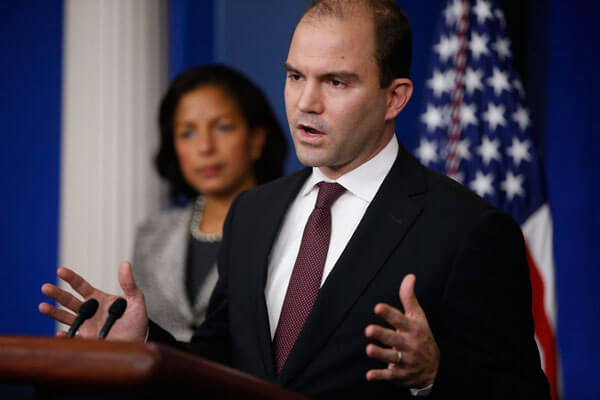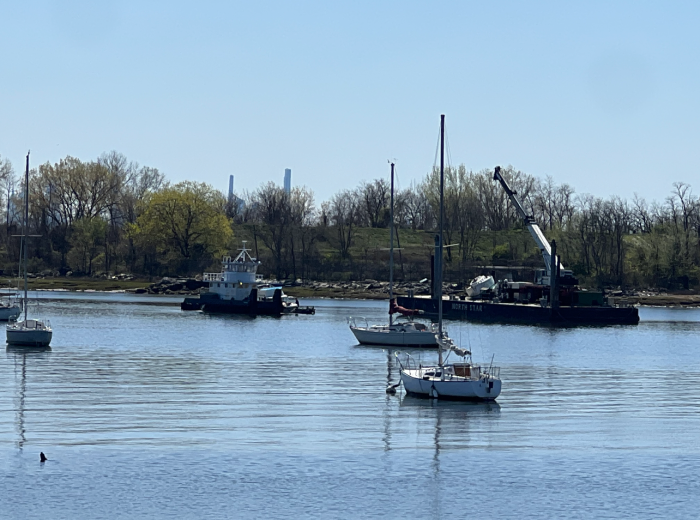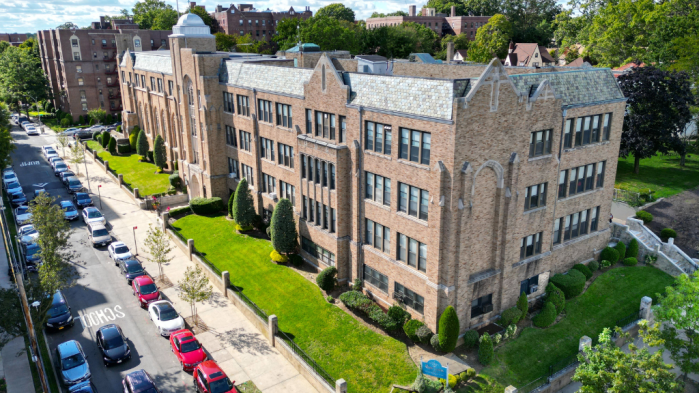After what was developing into a major immigration and trade row between two of the larger Caribbean Community (CARICOM) states, the foreign ministers of Jamaica and Trinidad & Tobago have signed an agreement aimed at enhancing free trade and movement between nationals of both countries.
“I think we have created a platform for addressing not only the issues which brought this meeting together but for a wider set of considerations, both in our bilateral relations and in the relations within the wider CARICOM,” said Trinidad Foreign Minister Winston Dookeran Tuesday after meeting with his Jamaican counterpart, Arnold J. Nicholson, in Kingston.
Dookeran and his four-member delegation were invited for the two-day parley by Nicholson following a recent incident in which 13 Jamaicans were refused entry into the twin-island republic, to discuss matters of free movement and free trade within the context of the Caribbean Single Market and Economy (CSME), according to a Jamaica government statement issued in New York.
Nicholson said Dookeran arrived in Jamaica at a time of “considerable discontent and unease with our regional integration movement”.
The Jamaica foreign minister said the treatment meted out to Jamaicans at Piarco International Airport in Trinidad and Tobago and the sharp increase in the number of Jamaicans being returned from Trinidad and Tobago had generated “considerable public outrage.”
He said that this has “undoubtedly affected confidence in the region’s integration movement; diminished goodwill on the part of many Jamaicans at home and in the Diaspora towards the twin-island republic; as well as threaten to change patterns of consumption in Jamaica.”
“Given the paradigm shift in immigration law and procedures in relation to the treatment of CARICOM nationals entering countries of the region, both our countries recognized the need for a common approach and interpretation of the law,” Nicholson told reporters at the end of the talks on Tuesday.
Dookeran said he had extended an invitation to Nicholson to visit Port-of-Spain, the Trinidad and Tobago capital, by the end of the first quarter of 2014 for further consultations, adding that there was a need to follow up on agreements emerging from the two-day talks.
In light of the immigration furor, Jamaica had warned its nationals about travelling to Trinidad and Tobago.
But Nicholson and Dookeran vowed to find “mutually beneficial solutions” to the impasse, according to the Jamaica government statement.
“It is of no benefit to Trinidad and Tobago or to Jamaica to allow a trade war to develop – both our countries will suffer,” Dookeran said.
“[We will] suffer in terms of investment, employment and in terms of building our own productive capability,” he added.


















